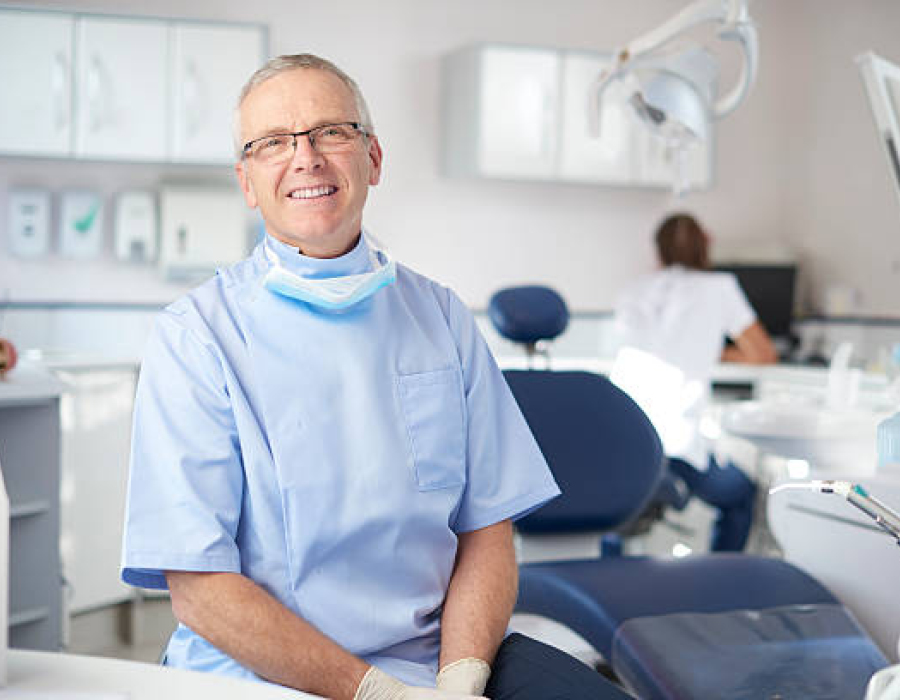Not good news for our teeth
Most of us are aware that plaqueA soft sticky substance that accumulates on teeth composed largely of bacteria and bacterial derivatives. is not good news for our teeth, but we may be less sure why this is. So what causes plaque, how do we know if we have it, and how can we prevent it from forming?
We all have plaque: it’s a soft, sticky substance that naturally builds up on our teeth as we eat and drink. However if this is not removed, it can cause problems with our oral hygiene. This is because plaque is essentially made up of millions of bacteria and when these come into contact with sugars from our food, they produce acid which eats away at our tooth enamelHard calcified tissue covering dentin of the crown of tooth., eventually causing cavities.
In addition, if plaque is not removed, it can harden into tartar – in some areas of the mouth in as little as 24 hours. As tartar collects at the gum line, it can cause the gums to become red, swollen and possibly bleed when you brush your teeth. This condition, known as gingivitisInflammation of gingival tissue without loss of connective tissue., can lead to gum disease which is the most common cause of losing teeth.
How can I stop plaque from forming?
You can prevent plaque from building up by brushing your teeth regularly and thoroughly. But how do you know if you’re doing that? Here are some tips:
• Clean between each tooth using an interdental brush, toothpick, flosspick or dental floss – or a combination of these depending on the amount of space between your teeth
• Brush for at least two minutes, twice a day
• Use a fluoride toothpaste
• Make sure you brush every single tooth surface, including hard-to-reach areas
• Have a set routine, eg. spend 30 seconds each on the inside and outside of your lower and upper jaws in turn
• Use a disclosing tablet (which reveals where plaque is still present using a temporary dye) occasionally to see whether you’re doing a good job
If plaque is caused by the food and drink we consume, what should we avoid in order to minimise the build-up of plaque? Not surprisingly, some of the worst culprits are sticky substances which cling to the teeth, such as:
• Boiled sweets
• Cookies
• Jams
• Sugary drinks
Making good food choices plays an important role in keeping our teeth healthy, and that old piece of parental advice about ‘not eating between meals’ also turns out to be true: the more frequently you snack or sip, the more time acid has to attack the teeth.
Of course regular dental check-ups are also important in maintaining good dental hygiene, and your dentist may refer you to a hygienist to clean your teeth – including getting rid of any tartar – from time to time.
Learn more about dental hygiene and find a good dentist near to you at Colosseum Dental, one of the UK’s largest and most respected dental groups.
Book an appointment
